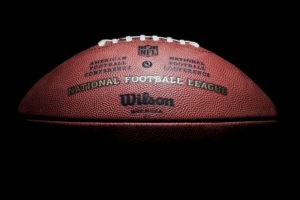While professional football players aren’t exactly employees of the NFL, some of the same principles apply in the way it disciplines them. This week’s suspension of Tom Brady highlights a problem in the way employees are disciplined that applies in other workplaces, as well.
The NFL can choose to impose sanctions on players for violating its rules and policies, just like any employer. One of these policies is its “personal conduct” policy, which governs players’ conduct off the field. Read the policy here. Per this policy, when the league learns of “conduct that may give rise to discipline,” it can conduct an investigation into the circumstances of the alleged offense and impose a penalty “based on the nature of the incident, the actual or threatened risk to the participant and others, any prior or additional misconduct (whether or not criminal charges were filed), and other relevant factors.” Similarly, the NFL can investigate reports of other violations of its rules of play, such as on-field misconduct.
Some of these investigations have received quite a bit of press recently.
In April, 2010, Ben Roethlisberger was suspended for four games after two accusations of sexual assault.
In July, 2014, Ray Rice was suspended for two games following his indictment for beating his girlfriend senseless in an elevator. Roger Goodell, the NFL’s commissioner, claimed that no one at the NFL had ever seen the tape, though it was sent to their offices by a law enforcement official. Read more here.
On May 11, 2015, the NFL suspended Tom Brady for four games and the team was fined $1 million and lost two draft picks for the 2016 and 2017 seasons. A law firm published a 243 page report that concluded that “it is more probable than not that Tom Brady was at least generally aware of the inappropriate activities of [Jim] McNally and [John] Jastremski involving the release of air from Patriots game balls.”
Really?
When an employer imposes discipline for violations of its policies and procedures, it necessarily demonstrates which offenses are worse than others. For example, an employer’s handbook would likely state that an employee would be punished more harshly for stealing from the company than for being rude to a customer. Employers generally strive to assign penalties that are proportionate to the offense, out of fairness and to maintain employee morale.
In choosing to punish Tom Brady’s conduct twice as harshly as Ray Rice’s conduct, the NFL has shown where it stands as an employer. It sends a clear message to all other NFL players and the public that it values the pounds per square inch in a football more than the physical and emotional safety of women.
Roger Goodell and his colleagues should rethink how they evaluate all violations of NFL policy and come up with a scheme of discipline that reflects basic human morality.

